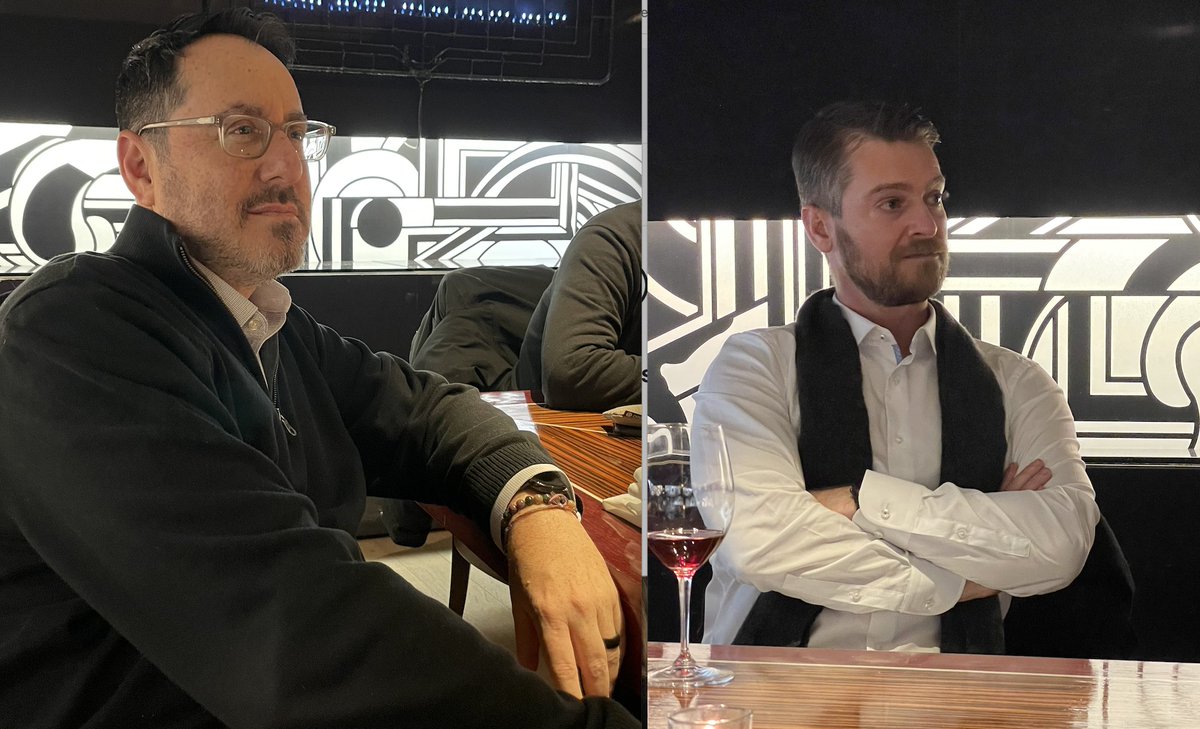
Had a wonderful dinner at @TheCoreClub_ with @CameronDawson, @brianportnoy, @ritholtz, @cullenroche, co-host @DaveNadig, @tom_morganKCP and @daniel_egan
A fantastic conversation and great food! Super fun!
A fantastic conversation and great food! Super fun!

• • •
Missing some Tweet in this thread? You can try to
force a refresh








